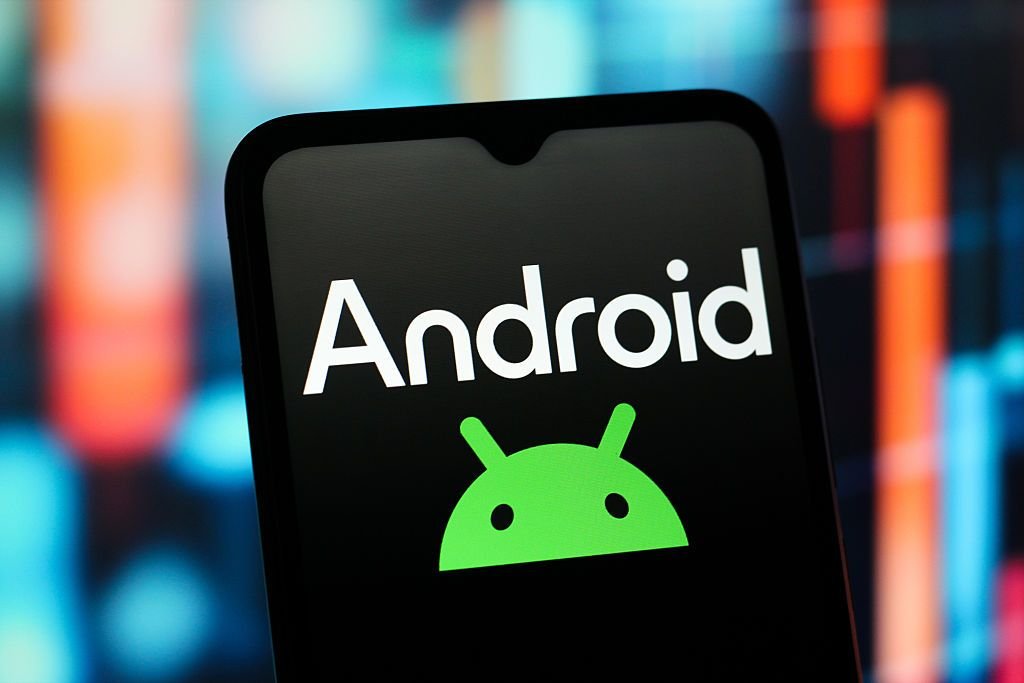transforming Android Security: Google’s New Developer Verification Mandate
Android’s hallmark openness has set it apart from more restrictive platforms like the iPhone since the dawn of touchscreen smartphones nearly two decades ago. Though, Google has progressively enhanced security protocols to protect users, and its latest developer verification initiative marks a pivotal advancement in defending against malicious applications.
Mandatory Identity Confirmation for All Android App Creators
Google is introducing a complete identity verification system that will apply not only to developers publishing on the Google Play Store but also those distributing apps through alternative channels. This means that soon, devices running certified versions of Android may block apps originating from unverified sources.
The company compares this process to an “airport security checkpoint,” designed to increase accountability among app creators and reduce fraud and malware incidents. Since implementing identity checks for Play Store developers in 2023, Google has reported a significant drop in harmful software and deceptive practices. Expanding this requirement beyond its official marketplace aims to bolster user protection across the entire Android ecosystem.
The Shift From Open Submission to Rigorous Security Controls
In its early days as Android Market, Google exercised minimal oversight over app submissions, allowing even perilous exploits capable of rooting devices onto official platforms. Today’s Play Store employs complex multi-layered reviews combined with automated detection systems that actively remove malware and prohibited content.
Despite these improvements within the store itself, sideloaded applications-those installed outside Google’s ecosystem-remain considerably riskier; recent research shows they are nearly 50 times more likely to contain malicious code compared with apps downloaded directly from the Play Store.
A Dedicated Console for Verified developers Beyond Google Play
To support identity validation outside its primary marketplace, Google plans to launch an upgraded Android Developer Console tailored specifically for external distributors.Developers will be required not only to verify their identities but also register their app package names along with cryptographic signing keys before distribution can proceed.
This new platform focuses exclusively on confirming developer authenticity rather than reviewing app content or functionality-a measure intended primarily at curbing anonymous abuse without hindering innovation or creative freedom.
Scope of Enforcement: Certified Devices and Global Rollout Schedule
The upcoming verification mandate targets certified Android devices-that is, smartphones equipped with official Google services-which account for almost all non-chinese Android phones worldwide. Devices running uncertified or heavily customized versions of android will remain unaffected by these changes.
- October 2024: Pilot testing begins with select users gaining early access features.
- March 2026: Full developer enrollment opens via the new console for identity registration purposes.
- September 2026: Regional expansion launches in Brazil, Indonesia, Singapore, and Thailand as initial markets under trial conditions.
- Sometime in 2027: Expected global enforcement requiring verified developer identities across all certified devices worldwide takes effect.
Navigating Legal Complexities Amid Growing App Distribution Diversity
This policy shift coincides with ongoing legal disputes challenging Google’s control over app distribution channels. A recent court decision mandates support for third-party app stores alongside rehosting existing Play Store content-potentially broadening user options when acquiring applications beyond google’s direct oversight.
The emergence of multiple storefronts could foster competition but simultaneously raises concerns about security risks since third-party sources often lack deep integration within device ecosystems like Google’s own store does. Consequently, sideloading from alternative venues might expose users more frequently to threats such as spyware or ransomware disguised as legitimate software packages-a problem historically linked predominantly with unofficial repositories rather than trusted marketplaces backed by rigorous vetting processes.
A Balancing Act Between Openness and Control
The planned whitelist enforcement requiring verified developer credentials before installation represents a firm assertion of control by Google amid increasing fragmentation pressures within its ecosystem. While current measures focus mainly on verifying identities without restricting application capabilities or design choices yet there remains uncertainty whether future policies might impose stricter conditions affecting development freedom or user choice down the line.
Puzzling Details About Implementation Remain Unclear
“Current documentation does not specify how unverified apps will be treated during installation attempts nor clarify internal phone mechanisms used for validation.”
An informed hypothesis suggests whitelist data could be distributed through core components such as Google Play Services ahead of full rollout dates; however concrete details remain limited at present.
An Analogy From Aviation Security Screening Practices
This approach resembles how airlines globally enforce passenger identification checks prior boarding flights-a necessary precaution focused primarily on safety assurance rather than limiting travel options outright.





